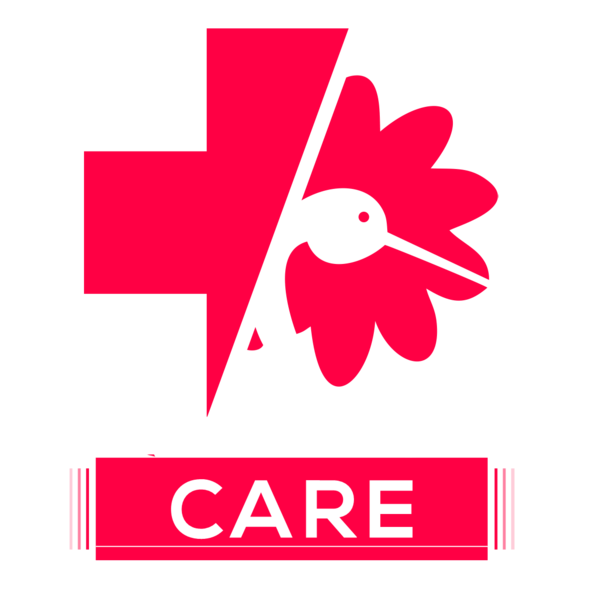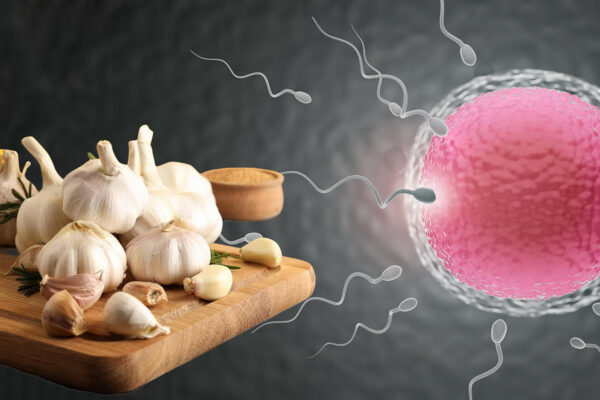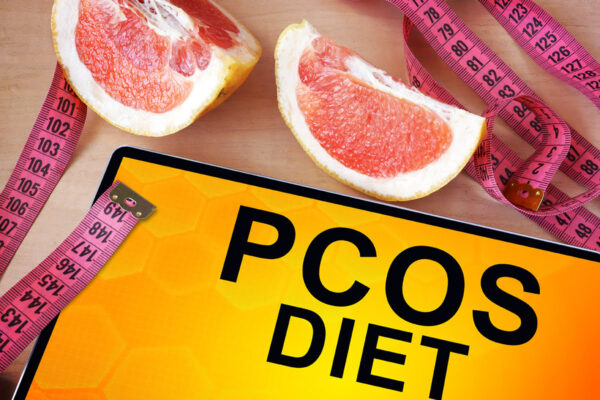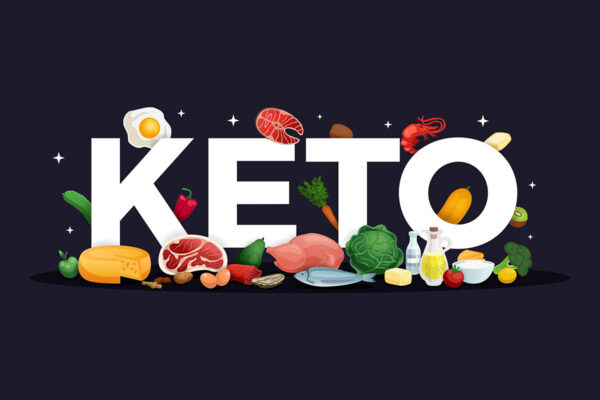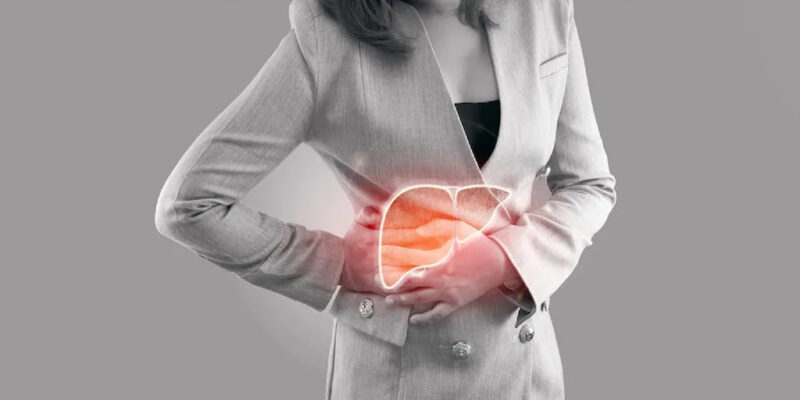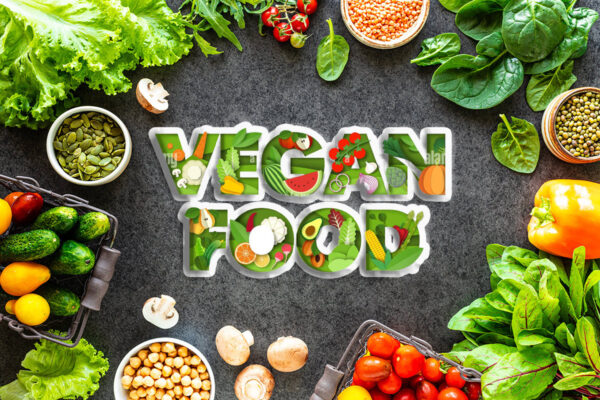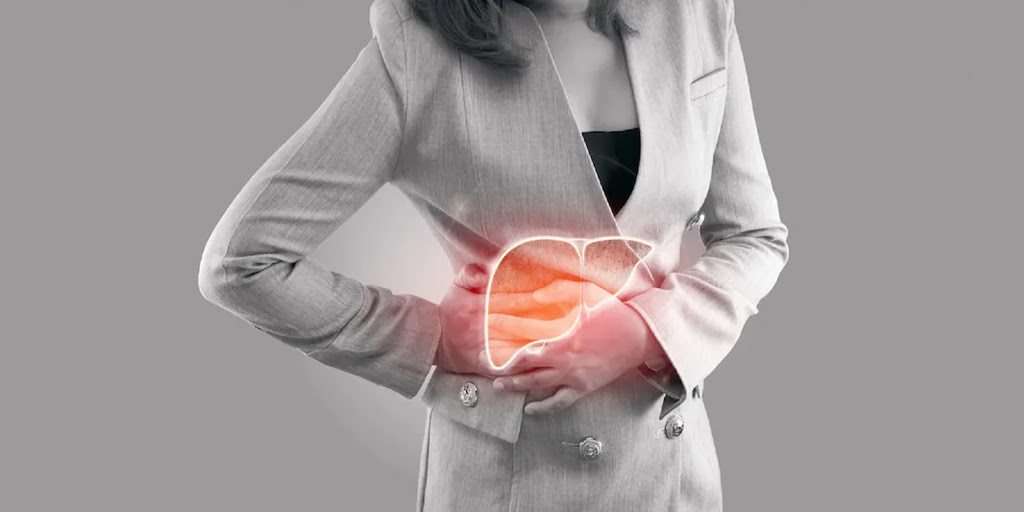
DIET IN FATTY LIVER
In general, the diet for fatty liver disease includes: fruits and vegetables. high-fiber plants like legumes and whole grains. significantly reducing intake of certain foods and beverages including those high in added sugar, salt, refined carbohydrates, and saturated fat.
There are two main types of fatty liver disease: alcohol-related liver disease (ARLD) and nonalcohol-related fatty liver disease (NAFLD). Pregnant people can also develop a form of fatty liver disease known as acute fatty liver of pregnancy. This rare complication can occur in the third trimester or early postpartum period.
Fatty liver disease damages the liver, preventing it from removing toxins from the blood and producing bile for the digestive system. When the liver cannot perform these tasks effectively, a person is at risk of developing other problems throughout their body.
Food to help heal a fatty liver
Garlic
Garlic is a staple in many diets, and it may provide benefits for people with fatty liver disease. A 2016 studyTrusted Source in Advanced Biomedical Research found that garlic powder supplements appeared to help reduce body weight and body fat mass in people with NAFLD.
Read more on the medicinal properties of garlic here.

Omega-3 fatty acids
current research suggests that consuming omega-3 fatty acids may improve liver fat and high-density lipoprotein cholesterol levels in people with NAFLD.
Foods that are high in omega-3 fatty acids include:
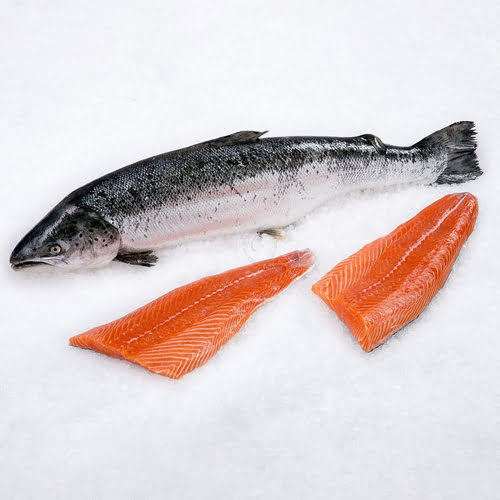
salmon

sardines
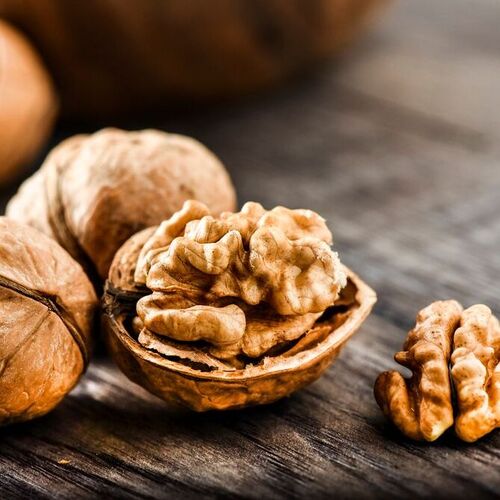
walnuts
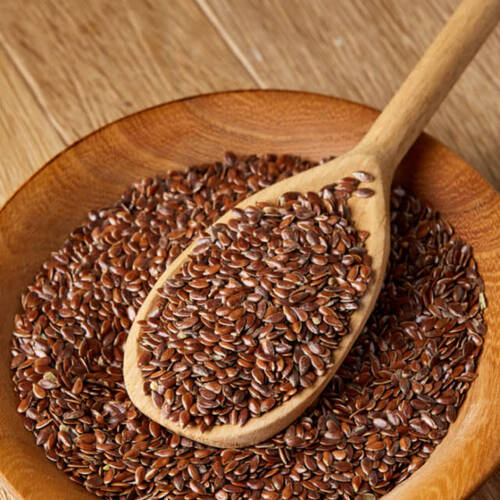
flaxseed

Coffee Drinking coffee is a morning ritual for many people. However, it may provide benefits beyond a burst of energy for people with fatty liver disease. studyTrusted Source found that decaffeinated coffee reduced liver damage and inflammation in mice that ate a diet containing high levels of fat, fructose, and cholesterol.
Another studyTrusted Source in mice from the same year showed similar results. The researchers found that coffee reduced the amount of fat that built up in the livers of the mice and improved how their bodies metabolized energy.
Broccoli
Eating a variety of whole vegetables is helpful for people with fatty liver disease, and broccoli is one vegetable that a person with fatty liver disease should seriously consider including in their diet.

Green tea
Using tea for medicinal purposes is a practice that goes back thousands of years. Green tea provides several antioxidants, such as catechin. Research suggests that these antioxidants may helpTrusted Source improve the symptoms of fatty liver disease.
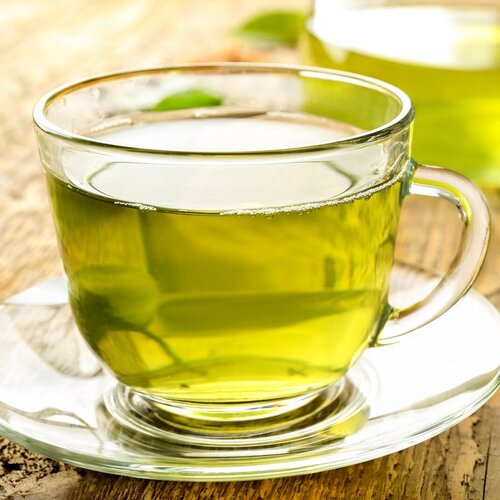
Walnuts
While all tree nuts are a great addition to any diet plan, walnuts are especially high in omega-3 fatty acids and may provide benefits for people with fatty liver disease.

Soy or whey protein
Nutrients found that soy and whey protein reduced fat buildup in the liver.
The results of one study in the review showed that liver fat decreased by 20% in women with obesity who ate 60 grams (g) of whey protein every day for 4 weeks.
Soy protein contains antioxidants called isoflavones that help improve insulin sensitivity and reduce fat in the body.
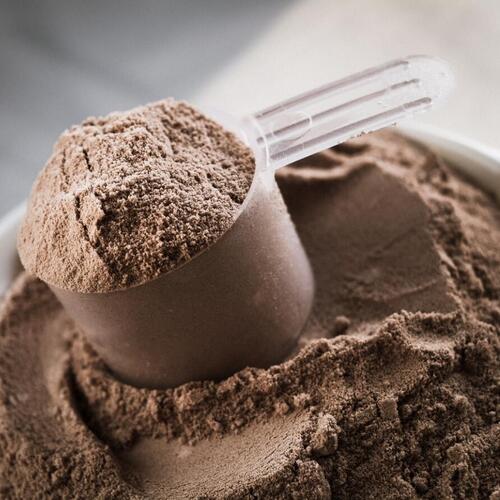
Food and drinks to avoid
Adding healthful foods to the diet is one way to manage fatty liver disease. However, it is just as important for people with this condition to avoid or limit their intake of certain other foods.
Sugar and added sugars
According to the AGA’s Clinical Practice Update, people with fatty liver disease, in particular NAFLD, should avoid or limit added sugars. These may contribute to high blood sugar levels and increase fat in the liver
Avoiding other sugars, such as fructose and corn syrup can also help minimize fat in the liver.
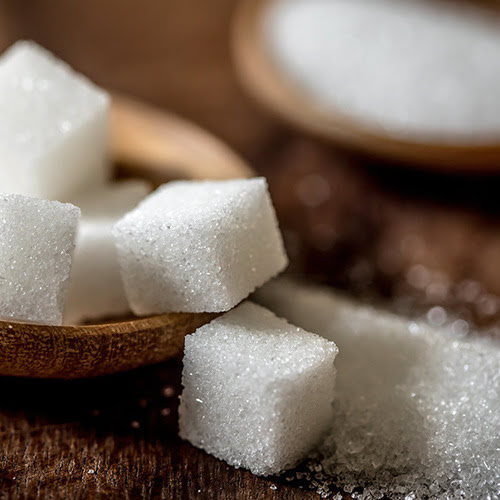
Alcohol
Excessive alcohol consumption is one of the most common causes of acute and chronic liver disease in the United States. Alcohol affects the liver, contributing to fatty liver disease and other conditions, such as cirrhosis.

Fried or salty foods
Too much fried or salty food is likely to increase calorie intake and can lead to a person developing obesity, a common cause of fatty liver disease.
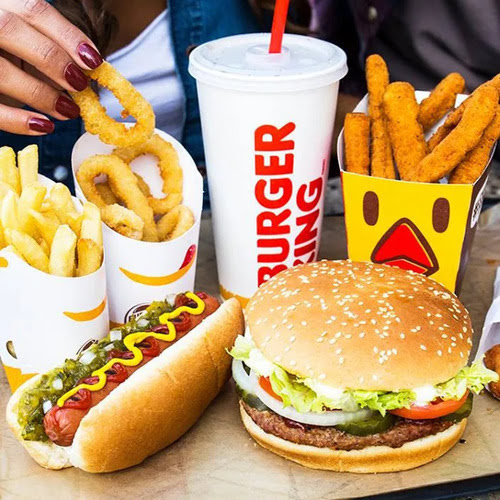
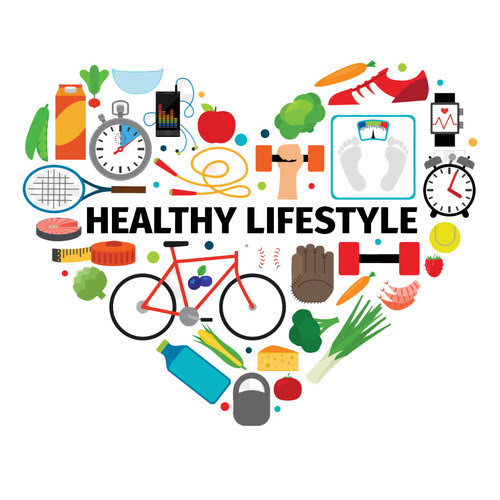
lifestyle changes
Implementing lifestyle changes can help people with fatty liver disease reduce and manage their symptoms.
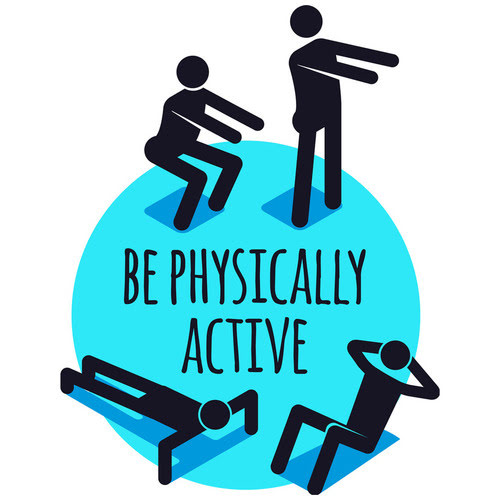
Being physically active
Regular exercise is important for everyone. However, it provides extra benefits for people with fatty liver disease in terms of managing symptoms.





